HORSE Racing Ireland [HRI] has been accused of abusing its position as part-negotiator of media rights deals by taking a bigger proportion of the revenue for itself and favouring bigger racecourses when it comes to funding capital development projects.
Suzanne Eade, chief executive of HRI, faced strong questioning on media rights payments and distribution when she appeared before the Joint Committee on Agriculture, Food and the Marine in Government Buildings this week.
Racecourse attendances, Tipperary’s all-weather track, the Irish Equine Centre, responsible gambling, the insurance crisis and anti-doping measures were among the wide variety of topics covered during the two-hour session.
But media rights dominated the discussion as it became clear that several deputies and senators had been given information by smaller racecourses which felt they were being treated unfairly.
Senator Rónán Mullen put it to the HRI boss: “My sources say you have abused your position and you continue to do so, by taking a much greater share of the overall [media rights] take than you used to, and by distributing it disproportionately to the larger tracks.”
Eade replied: “HRI is not abusing its position – that is a regrettable statement. We have invested in many small racecourses, some have received a lot of grant funding over the last number of years.”
The disagreement centred on the data rights element, or ‘fixture charge’, of the media rights money which HRI pockets. Under the current media rights deal, the data rights are worth 16% of the package, Mullen claimed, and the rest of the money – for the live pictures – goes to the racecourses.
Mullen said: “You are the sole auctioneer and the racecourses have no option but to take what they are given. You are taking 16% of the media rights income, much more than before.” He said that some aggrieved racecourses did not want to speak up for fear of losing access to grants.
Eade said: “The media rights committee has done an excellent job. The value of the deal has grown five-fold since statutory responsibility for the negotiation was given to HRI. So I am very comfortable that tracks are getting a strong share of a strong deal.”
Referring to the data rights money which HRI keeps, Eade said: “This is not money we are taking from racecourses. This is a fixtures fee that we are entitled to. It is the person who is buying the rights who determines what value that is. I am very happy at how the media rights income is being distributed.”
Mullen called for an independent review of the make-up of the media rights package and of how the money is distributed. Eade confirmed that HRI had agreed to facilitate such a review six years ago and would now talk to the Association of Irish Racecourses on how to implement it.
The current media rights deal with SIS expires at the end of 2023. Negotiations on the next five-year deal are said to be at a sensitive stage and should be completed before the end of this year.
FOUR THINGS WE LEARNED FROM THIS WEEK’S OIREACHTAS MEETING
>HRI gets in excess of €6 million in media rights payments annually.
>Tipperary’s all-weather track should open in the first quarter of 2025 “subject to any planning permission or funding issues”.
>HRI is hopeful that equine farming will become eligible for certain Targeted Agricultural Modernisation Schemes (TAMS) in the next Budget.
>Plans to develop the Irish Equine Centre have stalled until the Department figures out a mechanism for giving public money to this independent organisation.
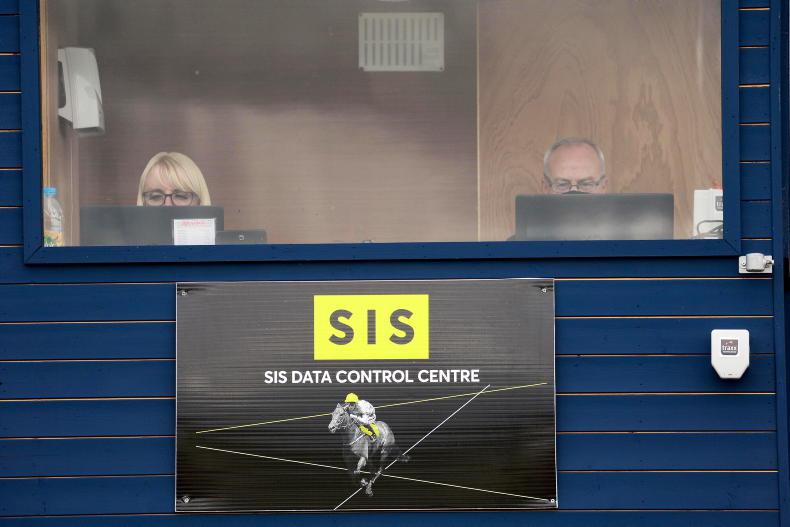

 This is a subscriber-only article
This is a subscriber-only article
 It looks like you're browsing in private mode
It looks like you're browsing in private mode





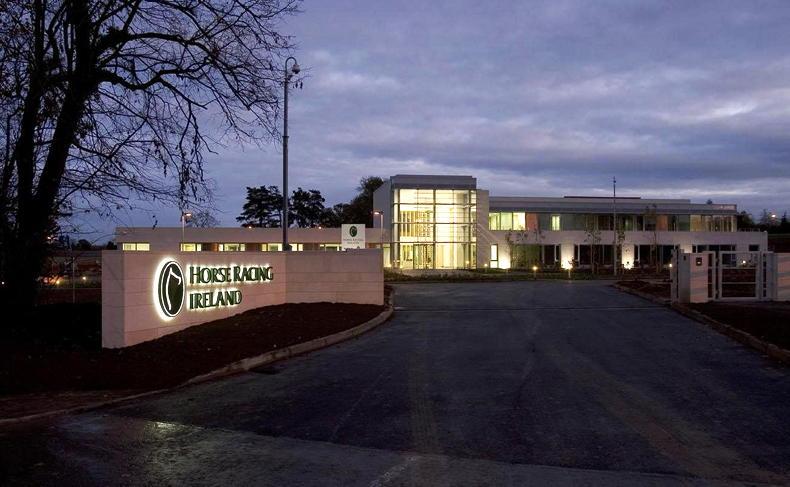

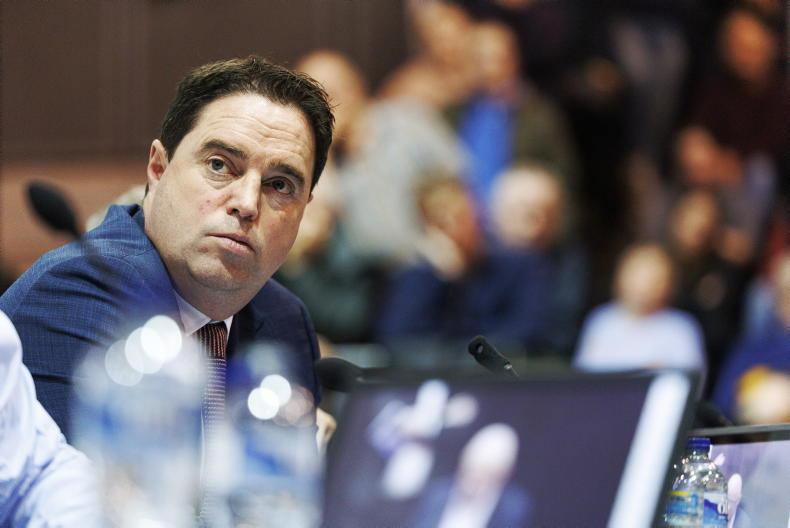
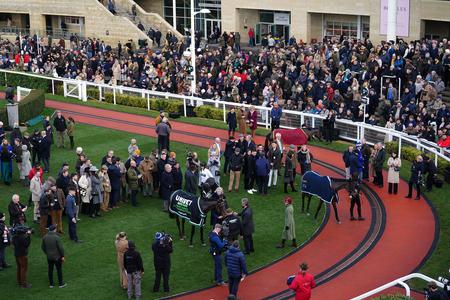
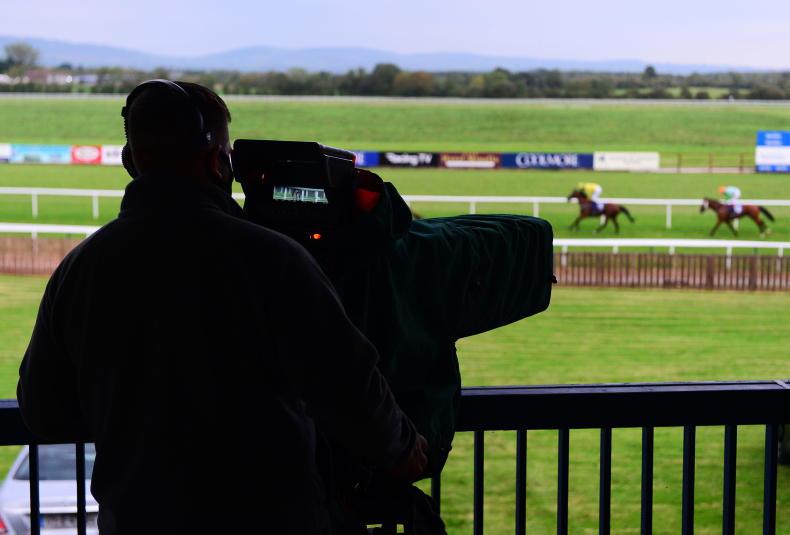
SHARING OPTIONS: